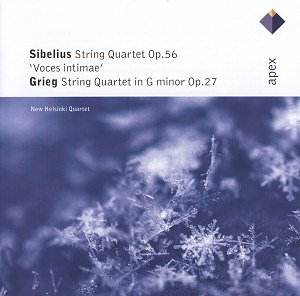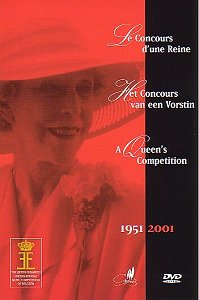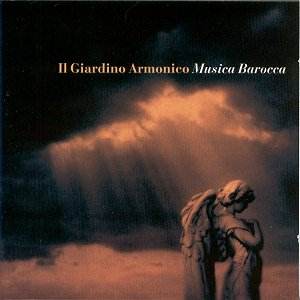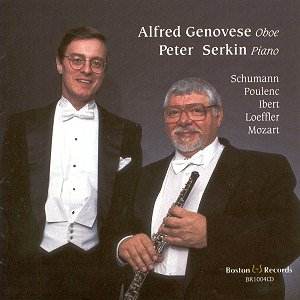 Composer: Jean Sibelius
Composer: Jean Sibelius
Works: String Quartet, Op. 56, ‘Voces intimae’; Edvard Grieg, String Quartet in G minor, Op. 27
Performers: New Helsinki String Quartet
Recording: Recorded at Sigyn Hall, Finland, September 1997. [DDD]
Label: WARNER APEX 0927-40601-2
The juxtaposition of Sibelius and Grieg in this recording by the New Helsinki String Quartet offers a compelling insight into the Nordic musical ethos during the late 19th century. Sibelius’s ‘Voces intimae,’ composed in 1909, represents a pivotal turn toward introspection and psychological depth, while Grieg’s String Quartet, written in 1877-78, reflects a robust Romanticism infused with folk elements. Both works exemplify their composers’ unique voices yet also their shared cultural heritage, making the pairing an intriguing exploration of Finnish and Norwegian musical landscapes.
The New Helsinki String Quartet approaches Sibelius’s work with a commendable sense of cohesion and clarity. The first movement, marked Allegro, showcases a remarkable tightness in compositional thought, revealing layers of intricate counterpoint and thematic development. The performers navigate the spectral opening of the second movement with finesse; its ethereal textures unfold beautifully, creating an atmosphere of fragile beauty. In the Adagio di molto, the emotional core of the quartet, the musicians deliver a flowing interpretation that avoids any hint of turgidity, maintaining an exquisite balance between lyrical expression and structural integrity. The rustic grit of the fourth movement, Allegretto ma pesante, is particularly engaging, as the quartet captures the natural ebb and flow characteristic of Sibelius’s late style, infusing it with vigor and a palpable sense of movement.
Turning to Grieg’s String Quartet, the New Helsinki Quartet exhibits a vigorous confidence that brings out the work’s more experimental persona. Written shortly after the premiere of ‘Peer Gynt,’ this composition carries echoes of folk traditions, yet it also reveals Grieg’s innovative spirit. The Romanze is rife with delightful turns of phrase, where the ensemble’s impeccable tuning stands out, allowing the harmonic interplay to shine. The finale, marked Presto al Saltarello, is executed with an energy that embodies a Scandinavian gait, although one might wish for an even greater sense of joyfulness in its execution. This interpretation, while robust, could benefit from a touch more effervescence, which would enhance its celebratory nature.
The recording quality in this release is commendable, with a well-balanced mix that showcases the individual voices of the quartet while maintaining a cohesive ensemble sound. The clarity of the string texture allows listeners to appreciate the nuances of bowing and articulation. Compared to historical recordings, such as those by the Budapest Quartet, which capture a palpable sense of discovery, the New Helsinki performance offers a modern interpretation that is equally valid, if not more refined in its technical execution.
This recording of Sibelius and Grieg not only showcases the New Helsinki String Quartet’s technical prowess but also their interpretative acumen. The performances are marked by a strong sense of conviction and musicality, bringing out the rich tapestries of both works. Here, listeners will find an enriching experience that enhances their understanding of these two significant composers, making a compelling case for this pairing in the contemporary chamber music repertoire.



